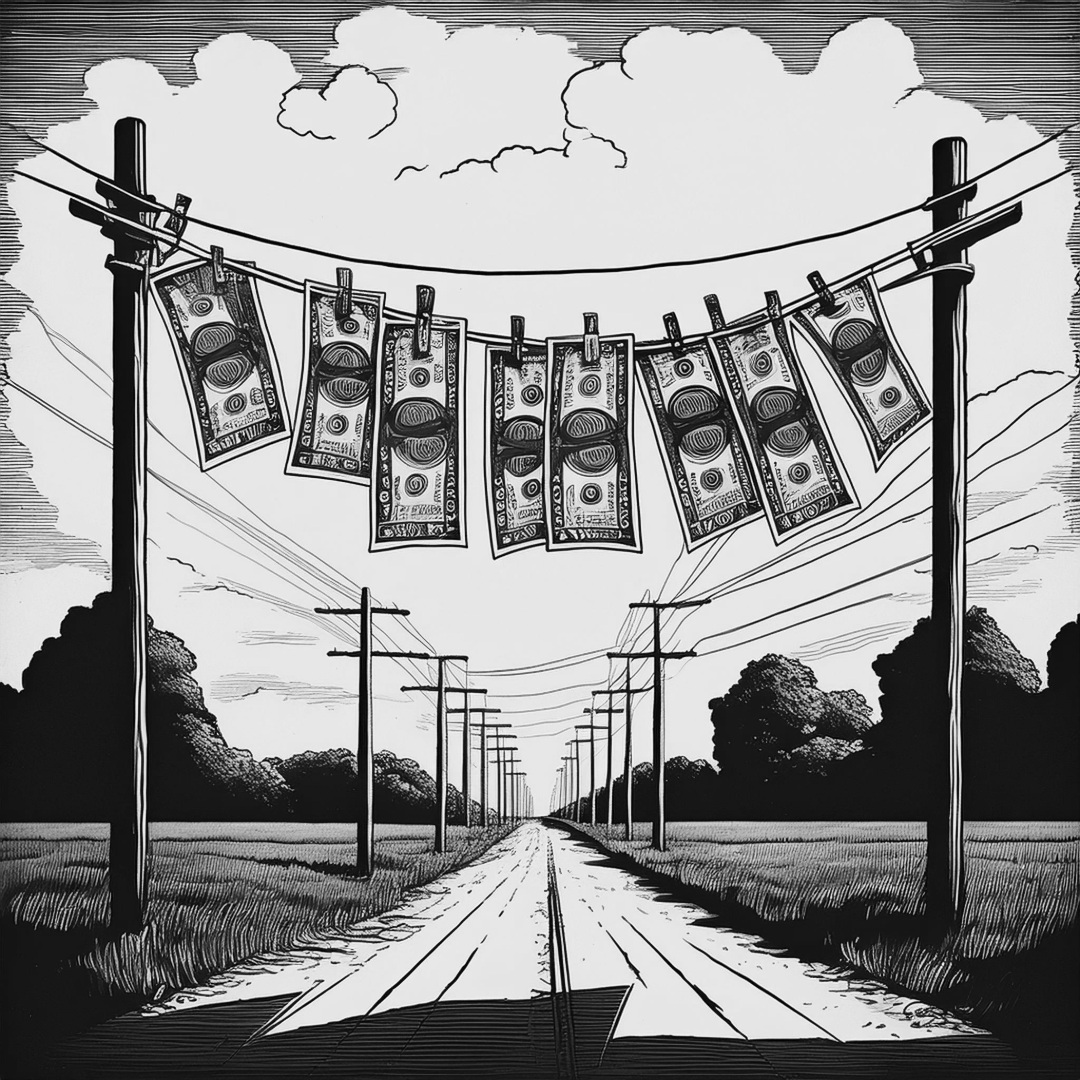BIRMINGHAM, Ala. — Southern Company, the parent of Alabama Power, raked in $4.4 billion in profits last year, up from $4 billion in 2023. While shareholders are celebrating, many Alabamians are left wondering why a private company is profiting so heavily from an essential service like electricity.
Alabama Power’s monopoly on electricity in the state dates back more than a century, when public resources and labor helped build the infrastructure that powers homes and businesses today. Early electrification efforts relied heavily on public investment, from harnessing Alabama’s rivers for hydroelectric power to federal programs like the Tennessee Valley Authority (TVA), which brought affordable electricity to rural areas. Yet, over time, these systems were consolidated into private hands, leaving companies like Alabama Power to control the market.
Critics argue this privatization has turned a public necessity into a profit machine. Southern Company’s massive earnings come largely from regulated rate increases approved by state officials—costs passed directly to customers. Meanwhile, shareholders continue to enjoy rising dividends, with little incentive to prioritize affordability for everyday Alabamians.
The question is whether something so vital should be treated as a business at all. Public power models like the TVA reinvest revenues into communities instead of funneling billions into corporate coffers—a stark contrast to Southern Company’s approach.
As Alabamians face rising energy bills and Southern Company counts its billions, the debate over who should control electricity—and who should benefit—shows no signs of dimming.

